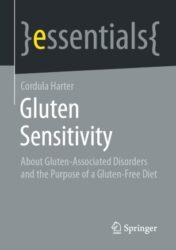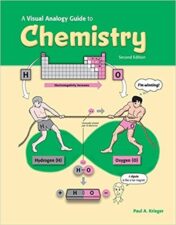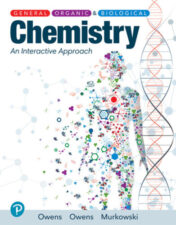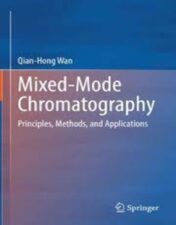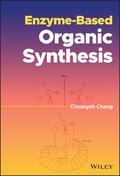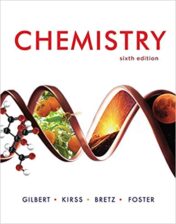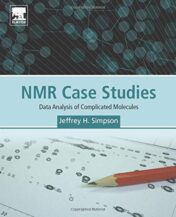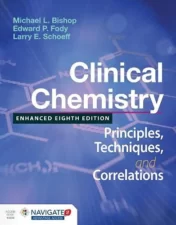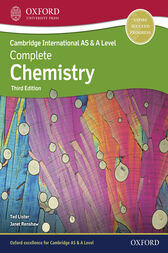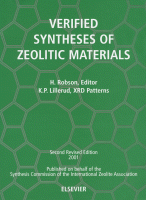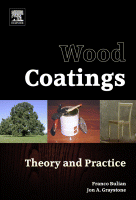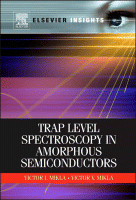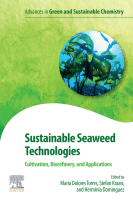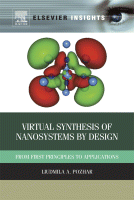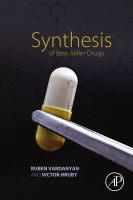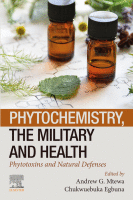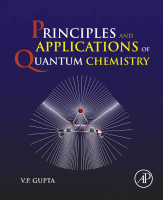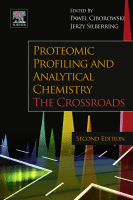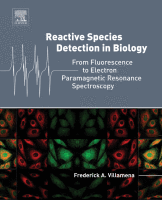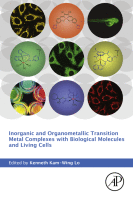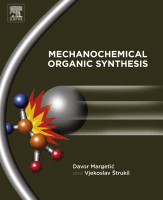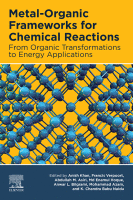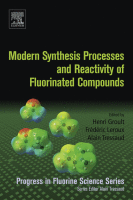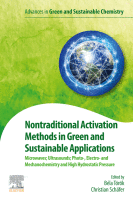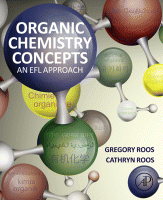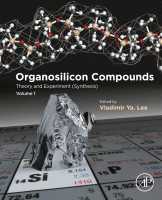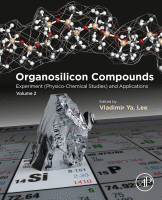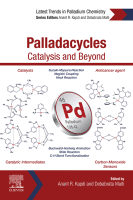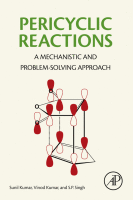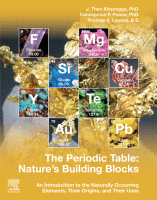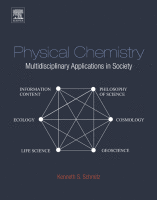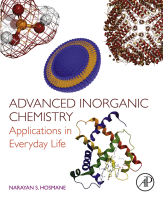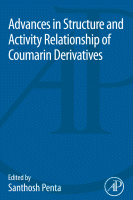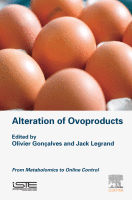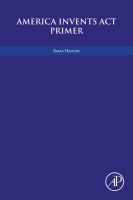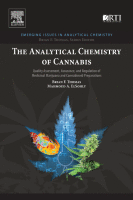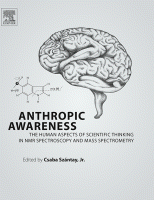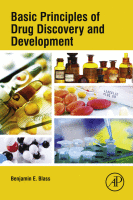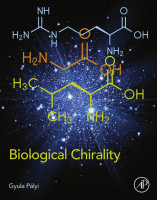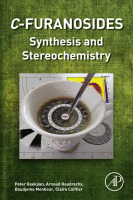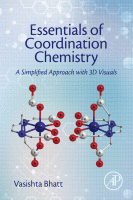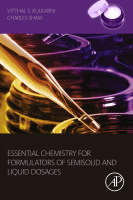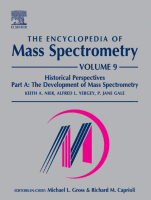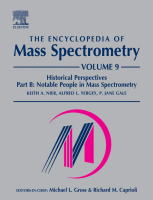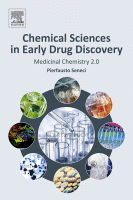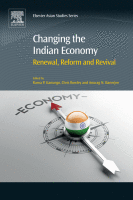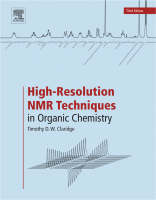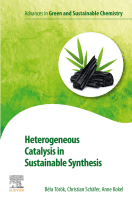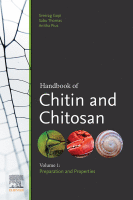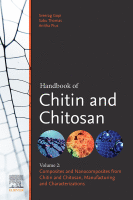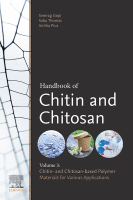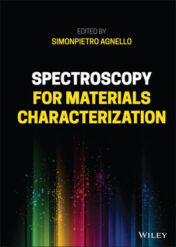Gluten Sensitivity About Gluten-Associated Disorders and the Purpose of a Gluten-Free Diet 2021 Original pdf
$15
Gluten Sensitivity About Gluten-Associated Disorders and the Purpose of a Gluten-Free Diet 2021 Original pdf
Gluten sensitivity is a multifactorial phenomenon. In the medical context, it is associated with symptoms that occur after the consumption of gluten-containing foods. However, not all cases of perceived gluten sensitivity are medically diagnosable. Only for celiac disease and wheat allergies clear diagnostic criteria exist. In most cases patients have non-Celiac Non-Wheat Allergy Wheat Sensitivity (NCWS). Gluten can rarely be detected as a causative agent in NCWS. Rather, other ingredients of wheat, such as ATI or FODMAP, or a disturbed intestinal microbiota may be considered as triggers for the disease. Cordula Harter puts it straight: gluten sensitivity is a fashion trend that is followed by many more people than there are diagnosed patients.The author shows that gluten-containing cereals are nutritionally high-quality foods that provide valuable nutrients and fiber. Elimination is rarely medically indicated and often benefits the food industry more than the consumer.
This Springer essential is a translation of the original German 1st edition Springer essentials, Glutenunverträglichkeit by Cordula Harter, published by Springer Fachmedien Wiesbaden GmbH, part of Springer Nature in 2019. The translation was done with the help of artificial intelligence (machine translation by the service DeepL.com). A subsequent human revision was done primarily in terms of content, so that the book will read stylistically differently from a conventional translation. Springer Nature works continuously to further the development of tools for the production of books and on the related technologies to support the authors.
The content
- Gluten and wheat
- The role of intestinal health
- Disorders associated with gluten sensitivity
- Gluten in the nutrition – Gluten-free as trend
The target groups
- Lecturers and students of medicine, nutrition and life sciences
- Medical doctors, nutritionists, biologists and interested laypersons
The author
Dr. Cordula Harter is lecturer of biochemistry and teaching coordinator at Heidelberg University Biochemistry Center
Related Products
Basic Sciences Books
Life Science, Materials and Applied Chemistry (Original PDF from Publisher)
Chemistry Books
Chemistry Books
Chemistry Books
Chemistry Books
Chemistry Books
Chemistry Books
Chemistry Books
Chemistry Books
Pincer Compounds Chemistry and Applications 2018 Original pdf
Chemistry Books
Chemistry Books
Chemistry Books
Organic Chemistry Concepts An EFL Approach 2015 Original pdf
Chemistry Books
Chemistry Books
Chemistry Books
Chemistry Books
Chemistry Books
C-Furanosides Synthesis and Stereochemistry 2017 Original pdf
Chemistry Books
Chemistry Books
Spectroscopy for Materials Characterization 2021 original pdf
Chemistry Books
Chemistry Books
Chemistry Books
Mass Spectrometry Data Analysis in Proteomics 2020 Original pdf
Chemistry Books
Chemistry Books
Chemistry Books

